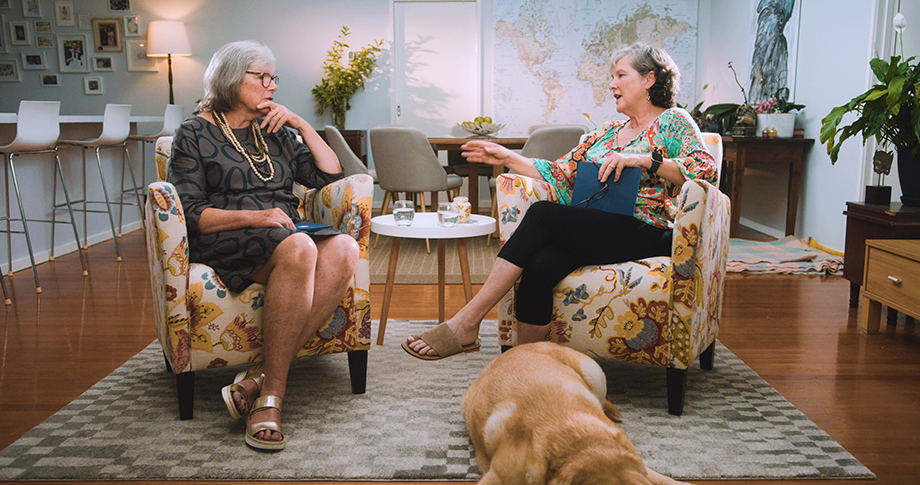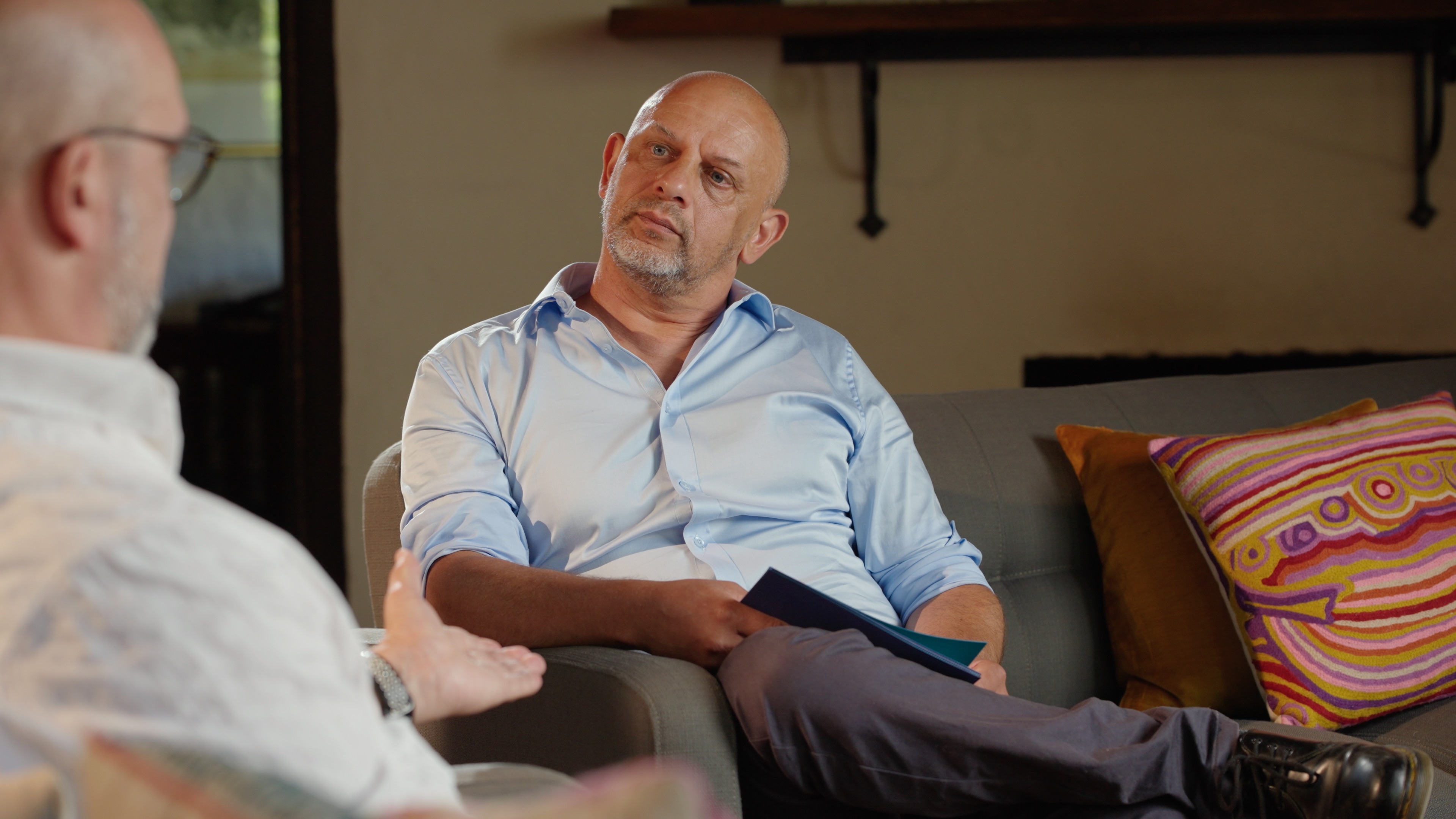
Advance Care Planning Australia is funded by the Australian Government and administered by Austin Health.
Families notch up so much intimate knowledge about their loved ones. Yet despite their closeness, it's still uncommon for family members to discuss their treatment preferences for the future - even as they grow older. It's often the most important conversations that we end up avoiding. If you were too unwell to speak for yourself, who would speak for you and what would they say?
Advance care planning offers all of us the opportunity to discuss our preferences early, preparing ourselves and our loved ones in case there comes a time when we can’t make our own decisions, or communicate them.
'The Questions that Matter Most'
Sisters Heather and Sue have just participated in a new Advance Care Planning Australia video, ‘The Questions that Matter Most’. In the video, they explore the big questions as they share their heartbreaking experiences supporting their mum and dad through the most challenging times.
Sue and Heather did their best to support their dad as he struggled to decide whether they should accept life-prolonging treatments for their mum who had sadly deteriorated with dementia and could no longer make her own decisions.
“Mum and Dad had not discussed end-of-life care in any shape or form. So when the doctor said to him, ‘there's nothing else we can do for your wife’, I literally saw his heart break in that moment because he had no idea that was coming," Heather said.
Dad “took a while to process that and to make any decisions and he found it extremely hard to make any decision based on end-of-life care. They had nothing in place. They had not discussed that between the two of them."
Sue added, "Even though Mum was going through dementia, we didn't expect the end-of-life to come so quickly. To discuss it beforehand and have that plan in place would've been so much easier."
Heather explained just how hard it was. “Dad had to make those decisions about the person he'd loved for almost sixty years. And the doctors were saying, well, we need an answer now."
“After Mum died, I think he thought, ‘I don't want the kids to go through that’. So he did an advance care directive and discussed it with all of us. As we found out in the end, it made things a lot more straightforward for all of us. He didn't want us to have to make those decisions and go through that guilt and regret.”
After Heather and Sue's dad was diagnosed with terminal cancer and later had a heart attack, the sisters and their extended family cared for him. He became confused in hospital towards the end. As Sue said, “He wasn’t in the state of mind to be able to make decisions for himself” but fortunately, he already had his advance care directive in place.
Their dad's advance care directive documented his values and preferences clearly so the family were able to make choices that reflected his wishes. Sue explained, "To be able to confidently make those decisions and have some information behind those decisions made a huge difference”.
Heather added, “Dad said, ‘I don't want any heroic efforts’...We could just make sure that he was settled... We then got to spend three days and nights, 24 hours a day with him holding his hand, telling him we loved him.”
Could you and your family make life and death decisions for each other?
Ask your loved ones the questions that matter most during National Advance Care Planning Week, and develop your advance care directives together. Make your future treatment your choice – now and always.
Remember advance care planning is not only about dying. It gives you the opportunity to think about, discuss and record your preferences for the type of care you would like to receive and the outcomes you would consider acceptable.
It’s a powerful statement about who we are, how we want to live and what we value most about living. It’s also one of the most important gifts we can offer our family and loved ones who might otherwise be left to make difficult decisions.
See Heather and Sue’s story along with other families’ stories in the new ‘Questions that Matter Most’ video.
Interested in making a start? Find out more about advance care planning
Understand advance care planning

The Question That Matters Most
If you were too unwell to speak for yourself, who would speak for you and what would they say?
We sat down with several couples to explore advance care planning through three unique family and health perspectives.